Comparative Politics
How do we fight the backslide of democracy?
Understanding successes and failures through international comparisons
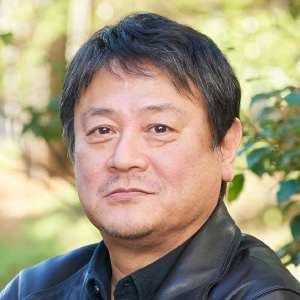
HONNA JunProfessor, College of International Relations
Listening to the Power Elite and Understanding Their Mindsets are
Crucial for Making Strategies to Strengthen Democracy
You study comparative politics, especially Southeast Asian politics, don't you?
HonnaYes. Today, there are serious concerns around the world about the decline/backslide of democracy. A 2022 study by a Swedish research institute found that the number of free and democratic countries around the world has dwindled to 34, while the number of authoritarian and despotic countries is growing.
Why does democracy recede? Why does a formerly democratic country become authoritarian? And how are citizens seeking freedom trying to resist this change? I have looked at politics in Asia, mainly in Southeast Asia but especially Indonesia, from that perspective. In recent years, Asia has seen setbacks in democracy due to abuses of power, including in Hong Kong, Myanmar, the Philippines, and Thailand. Each country has a different history and culture, but when you compare them, some common trends stand out. On the other hand, examples of how citizens were able to restore democracy by fighting also highlight the keys to success. Through these comparative studies, I hope to rediscover the importance of democracy and make an intellectual contribution to the sustainable health of Asian democracy.
Through what kinds of research do you make your comparisons?
HonnaIn order to restore and strengthen democracy, we need to know what the power elite, such as dictators and authoritarian leaders, are thinking as they govern and destroy democracy. This led me to conduct interviews with the power elite such as members of parliaments, leaders of political parties, and senior military and police officers in Southeast Asian countries. I want to understand their background, their thought process, and what power hunger and vested interests they adhere to when they engage in politics.
Interviews are difficult; there are many failures, and sometimes they are scary, but even seemingly frightening people are surprisingly charming. Some figures are famous local ‘bad guys’ and they casually brag about how many people they have killed; their stories are thrilling and never dull. I think they tell me various things because they know I am not a journalist, so they feel comfortable that the interview will never appear in the media. I do my research because I believe it is my mission to process their stories into something academically meaningful and to empirically analyze the dynamics of change in democracy and authoritarianism.
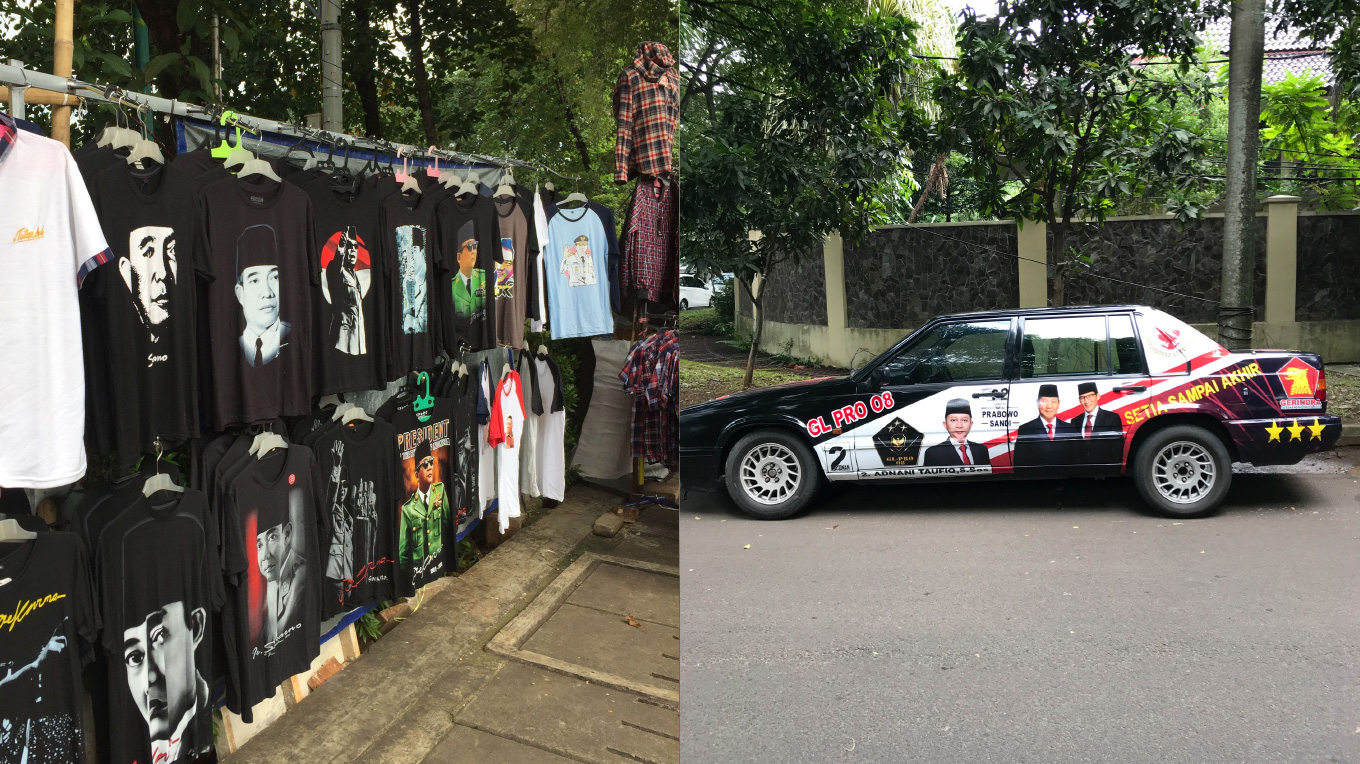
campaign merchandise store on the street (left) and campaign car (right) in Indonesia (2019)
The More Globalized We Become,
the Deeper We Need to Understand the Local
Is there any hope for the advancement of democracy?
HonnaI believe it is once again important to have a mechanism in place to ensure that power is closely monitored and controlled. At present, there are cases in many countries where the system is unwittingly broken down by the power elite, so through proper institutional design, we must lead to a politics in which the elite finds it difficult to abuse power and civil liberties and rights are well protected.
The power of civil society is essential in creating a mechanism to monitor power. I also observe the activities of civil society groups and interview people involved. I have seen that the great number of people determined to win their rights on their own, and they always give us hope. In Southeast Asia, university students in many countries have a very strong sense of mission. There are only a handful of people in society who can access to the university-level education, and they have a sense of elitism in a good way. When I talk to them, I always get an impression that they are very serious about reforming the country and politics. They know that the society expects them to be a catalyst for social change. Being inspired by their impassioned appeals and protests, segments in the power elite often turn reform-minded. I have seen many such cases in the field. If this becomes a larger movement, politics will change. I'm hopeful about their youthful energy.
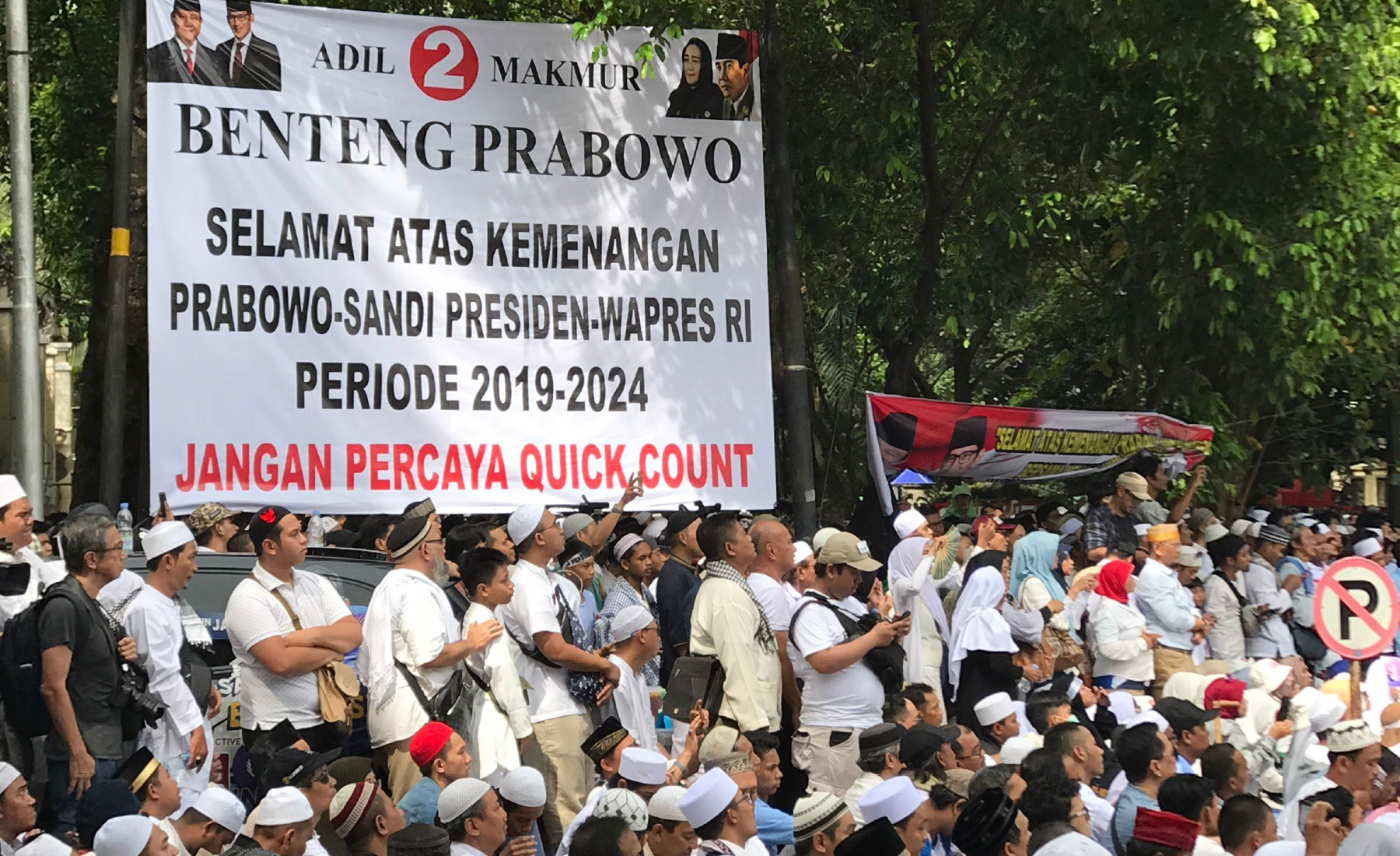
election rally in Indonesia, 2019
What about Japan's approach to Southeast Asia?
HonnaAs for Japan's international cooperation in Southeast Asia, I believe that policy proposals from area studies experts will become increasingly important. The international community has supported democratic transitions in Southeast Asia since 1990s. However, much of it has been done with the idea that Southeast Asia could adapt the democratization template previously adopted in Eastern Europe and Africa. It is dangerous to think that success in other regions can be recreated in Southeast Asia. In fact, there are many instances in Southeast Asia where the power elite skillfully emasculates the democracy assistance. This could easily happen because foreign aid agencies do not know how politics work in the country. I have provided policy inputs that reflect the realities of local political power. For example, when the Japanese government supported the establishment of Indonesia's first full-fledged polling agency, I worked together as an advisor. Also I have been involved in Japan’s maritime security cooperation in Southeast Asia, especially related to the human resource development of coast guards in the region.
When foreign governments and international organizations provide support for democracy and security cooperation in a region, there are many local dynamics that they do not see. It is area studies scholars like us who are expected to provide these knowledge. Such an expectation is growing more and more today. The more globalized we are, the deeper insight we need into local realities. In this sense, I believe that the deeper collaboration between area studies and the policy-making circle will contribute to the enhancement of Japan’s foreign policies toward Southeast Asia in the future.
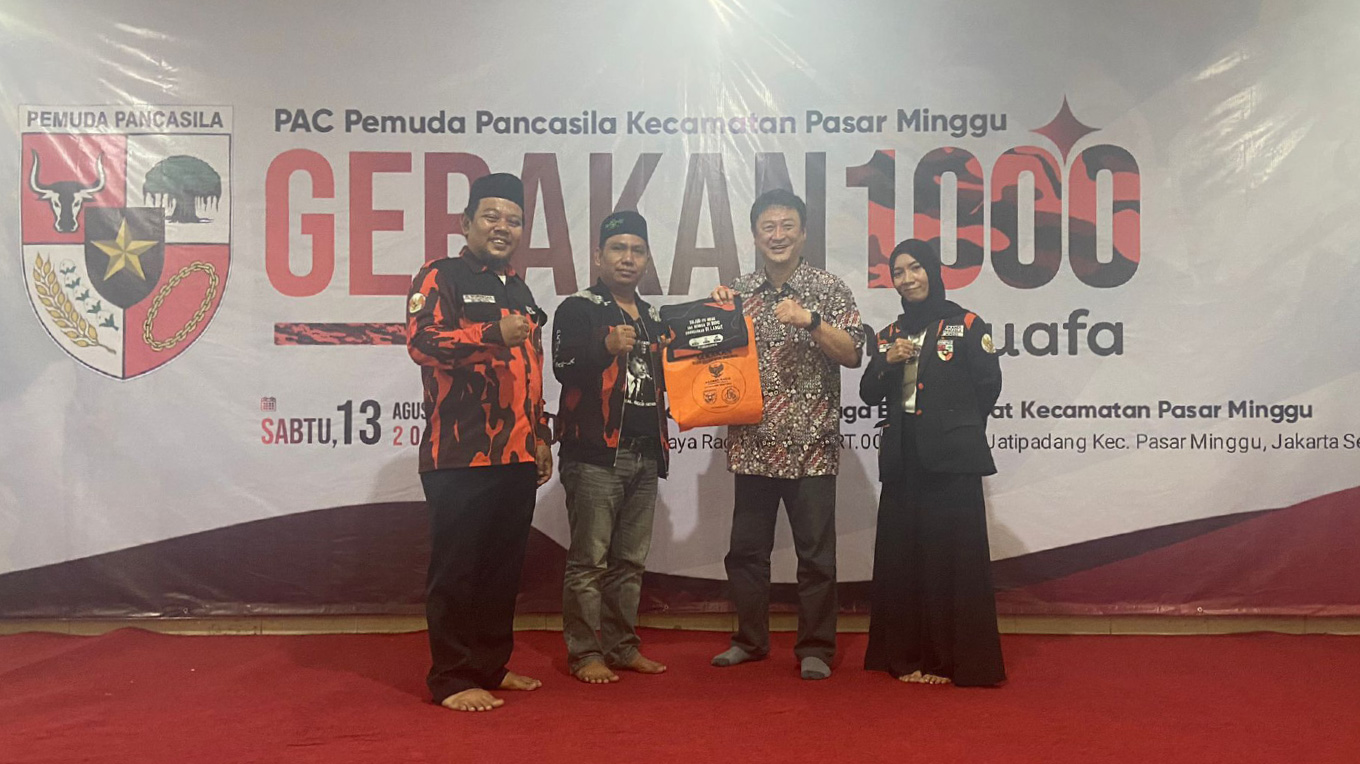
joining a meeting of Indonesia's militant mass organization (2022)
Our Everyday Life and Southeast Asia
I want students to look at, and question,
things behind
our everyday life.
Tell me about your seminar.
HonnaI am instructing a seminar on Southeast Asian Studies. And we have focused on Japan’s relationship with Southeast Asia, given the fact that the connection between people and goods is rapidly growing between our daily lives and Southeast Asia. Without realizing it, we wear T-shirts sewn in Cambodia, use reams of copy paper made from trees cut down on a massive scale in the forests of Borneo, eat convenience store lunchboxes made by Vietnamese technical interns, and happily eat saury landed by Indonesian crew members to experience the taste of autumn in Japan.
In my seminar, students examine and think about the relationship between our everyday life and Southeast Asia, such as how things we buy and eat as a matter of course arrive from Southeast Asia, and what problems technical interns are faced with. In doing so, we can see that on the other side, where we get cheap copy paper, lunches, and clothes, there are poor working conditions and sloppy forest/maritime management. We can no longer turn a blind eye to it or assume indifference by saying, “That has nothing to do with us.” I believe that we need to encourage public opinion to consider our responsibility as a consumer country and to raise public opinion to reconsider the way we conduct diplomacy and trade. In my weekly seminar, we have such discussions.
For Those Interested in
Comparative Politics: BOOKS
ラリー・ダイアモンド
侵食される民主主義 上・下
勁草書房(2022)
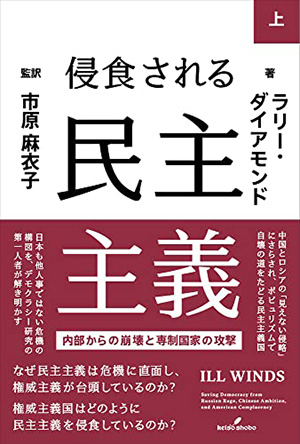
見市 建、茅根由佳 編著
ソーシャルメディア時代の東南アジア政治
明石書店(2020)
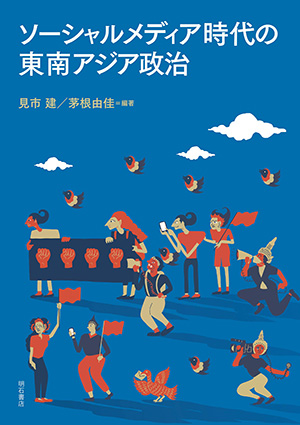
Honna 純
テキ民主化のパラドックス:
インドネシアにみるアジア政治の深層スト
岩波書店(2013)
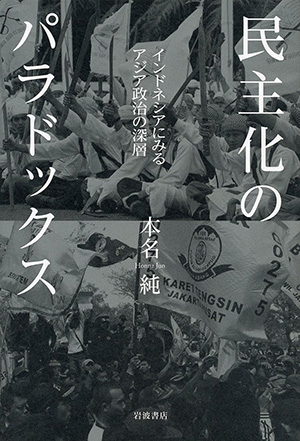
For Those Interested in
Comparative Politics: FILMS
映画
ローサは密告された
2016年、ブリランテ・メンドーサ監督、フィリピン